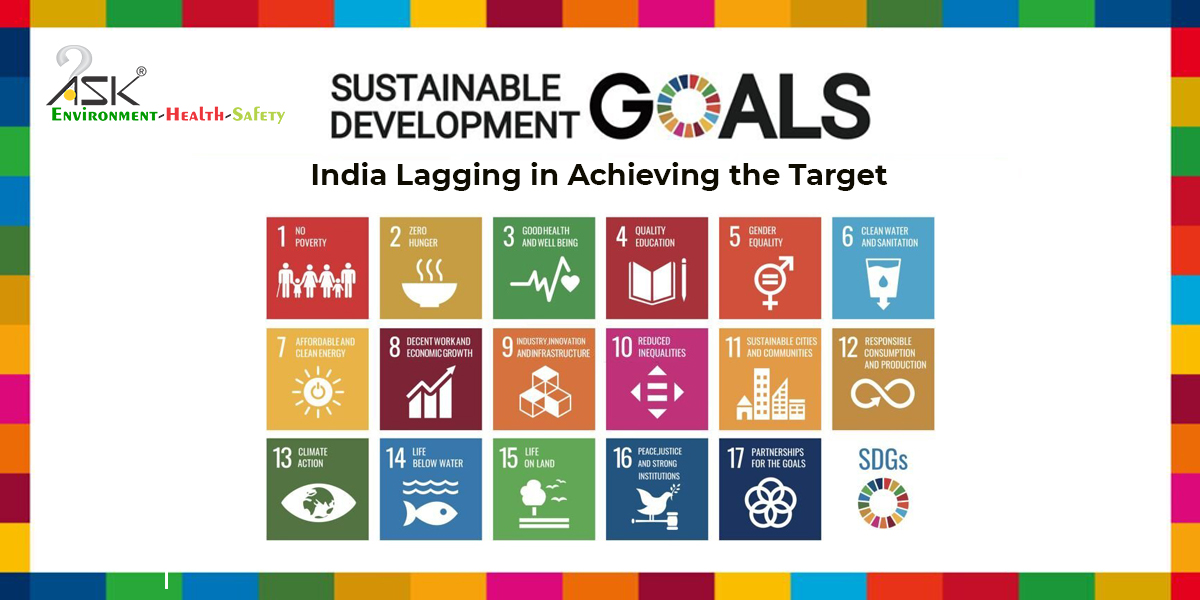Mitigating waste footprint and ensuring hygiene

The global COVID-19 lockdown in both partial and complete state – depending upon your geography has been a lesson for both administration, public health and for the general public – in lending support and coordination, to each other.
However, our essential services, such as garbage collection, electricity, waterworks and public utilities are nearly 100% functional. These are critical for not only establishing a normal routine as we spend more and more time inside our homes – but is also crucial for keeping the citizens on the same page.
Waste footprint becomes a key concern as we spend more and more time indoors. The stipulated collection chain would continue working in the adjusted or adapted fashion, but, their workload under these already stressful times presents us with a question.
How can we make alleviate our waste footprint when staying at home?
The key challenges are not only to establish a reduced disposal of waste by us. But, also to utilize the waste that is being generated into ensuring less wasteful practices.
The practice of reducing waste footprint should start with waste segregation. The more efficient the process of segregation and separate storage, the easier it becomes for the waste collection and disposal system to take care of it.
While it may or may not be a sanctioned process in your city – carefully developed habits can have an impact on easing the burden, especially as our civic services are already stretched and reeling under the public health emergency of SARS-CoV-2.
The other aspect is to divert the food and wet waste (organic and decomposable) towards making compost. Vegetable peels, rinds and other organic waste (except tea leaves and coffee grinds) can be put in small clear storage jars. Leave about 2 inches of space on the top and use water to fill the rest with a teaspoon of curd added to this mixture. The bacteria and sunlight can work the rest and produce compost which is on a smaller and more manageable scale within 1 week.
A conscientious effort needs to made and put into practice by all of us to ensure that in this time of emergency, we do not make the lives of others more difficult. Cooperation and ensuring that we have empathy and support for our frontline workers will go a long way in this seemingly stretched out battle against the Coronavirus pandemic.
Another aspect of hygiene should be highlighted and observed since we are confined to our homes and only one or maybe two members of a family step outside to gather necessary supplies. A simple and effective mechanism are spray bottles.
Alcohol based liquid sanitisers can be put into spray bottles (thoroughly cleaned and dried) to not only save on buying more and more hygiene products, but spray bottles also ensure a better coverage.
Simple steps for people going out in this lockdown for essential purchases is described below:
- Sanitiser bottle available near your main entry door, to be used and kept in for this area use only.
- Use of selected carry bags, preferably with lining should be and stored near the entry door, only. To fetch and carry your purchases.
- Soaps bars are also effective deterrent in terms of efficiency of use and lesser water required to wash them off than handwash liquids.
- Use separate footwear, preferably close toed (shoes) when stepping outside.
- Ensure a double-layered cloth covers your face in case an N95 or appropriate PPE is unavailable when stepping outside.
- If the other person in your purchase queue doesn’t maintain social distancing protocols – you can – observe and stay safe.
We hope that empathy, support and compliance with evolving government advisory is the norm which all of us are observing in these trying times. Do take a minute or two to reflect on the role of essential service personnel – the police, administration, civic utilities staff, our healthcare professionals, allied hospital staff, garbage collection and public cleaning service personnel.
As well as the thousands of other individuals and volunteers who are key links in a long chain of protection currently between you and the pandemic – be conscientious, generous and observe protocols.


